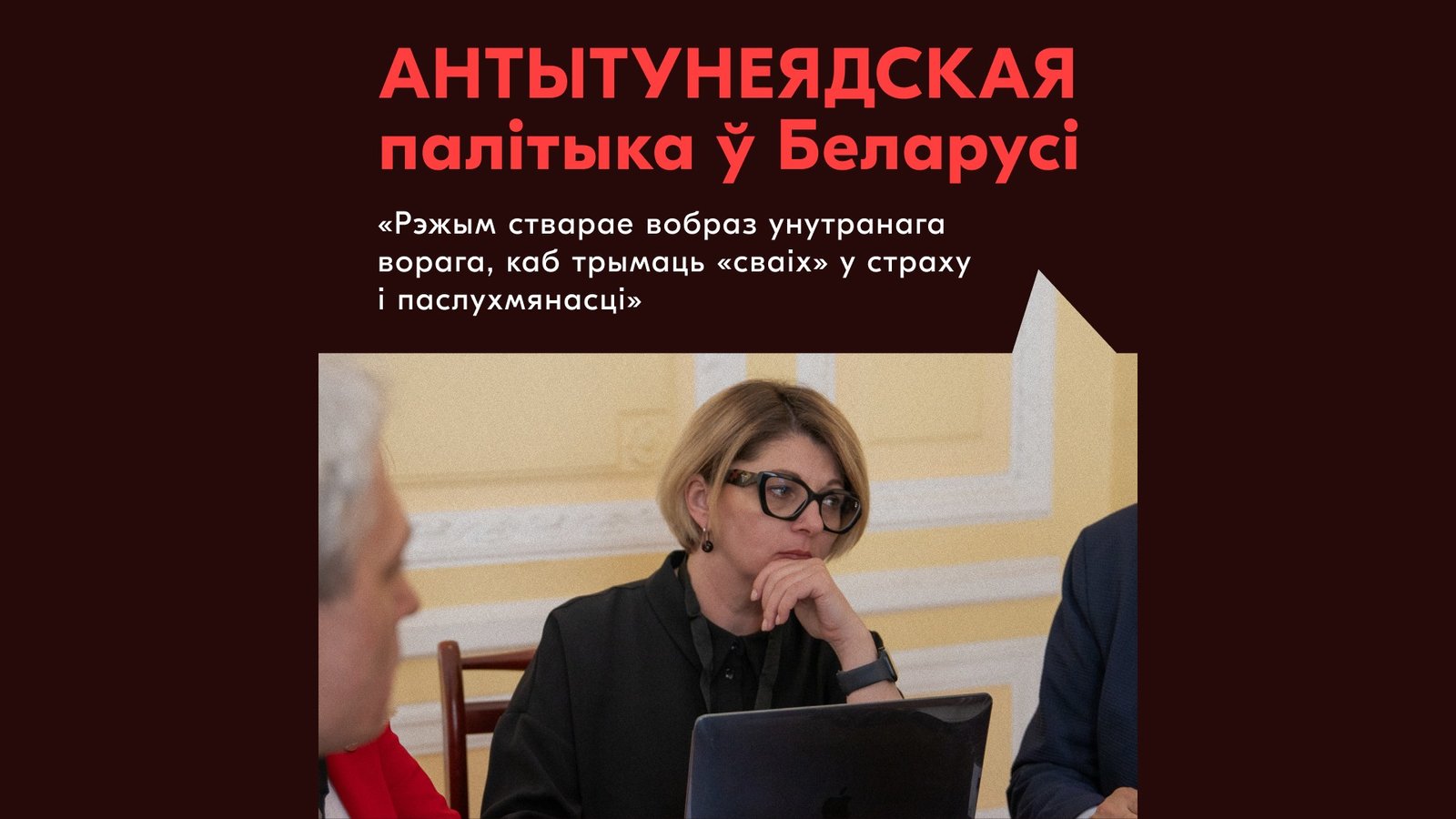The regime has intensified pressure on so-called “social parasites” – people who, for various reasons, are not officially employed. Reports are increasingly emerging about people being added to the lists of “parasites”, particularly those working abroad.
Volha Zazulinskaya, Representative for Social Issues of the United Transitional Cabinet, responds to six key questions about this trend.
- Why is the “social parasite” category consistently subject to repressive attention?
The regime uses it as a tool for social stigmatization. The image of a “freeloader” is a convenient way to delegitimize certain population groups – especially those working abroad, avoiding participation in formal institutions, or falling outside state-controlled employment channels.
- What is the reason behind the prolonged persecution of these people?
It serves multiple purposes: it mobilizes loyal citizens by creating an image of an “internal enemy”, increases social control, and allows the regime to extract revenue through fines and inflated service rates. It’s also a form of “managed instability”, keeping the population anxious and dependent on government decisions.
- How does this policy benefit the government?
Financially, it generates extra-budgetary revenue. Politically, it disciplines the population and reinforces the image of a punitive state that punishes even non-participation. In this way, the policy replaces the social contract with a coercive loyalty model.
- Should further tightening be expected?
Yes. The logic of repressive policy implies an expansion of punitive mechanisms. In the future, this may include restrictions on healthcare, access to education, travel abroad, and even digital segregation (e.g., via the ARIP/ERIP payment system or digital citizen profiles).
- What should this look like in a socially-oriented state?
In a just society, temporary unemployment is treated as part of the life cycle, not as a violation. Support, retraining, and access to basic benefits are the norm, not a privilege. The strategy should be inclusion, not exclusion.
- What international models can be used as reference?
In Germany, the Hartz IV system (now Bürgergeld) used to offer social support with financial assistance and professional retraining. In Poland, labor migration is not punished but included in social statistics. The key principle is that a state should not punish job-seeking, especially not abroad.








